Education is the way that I can help as many people as possible, with the knowledge of Ayurveda
Dr. Mauroof Athique
Director
The College of Ayurveda & Yoga Therapy aims to provide a well-rounded education that addresses not just academic knowledge, but also personal and social development. This type of education recognises the interconnectedness of all aspects of life and seeks to help students develop a sense of purpose and meaning.
At The College of Ayurveda & Yoga Therapy, we believe that education should not only prepare students for their careers but also for a fulfilling life. We emphasize the development of critical thinking, creativity, and emotional intelligence, as well as physical well-being and community engagement.
Our philosophy is based on the belief that education should empower individuals to make a positive impact on the world and lead fulfilling lives. We strive to provide a transformative learning experience that encourages personal growth, social responsibility, and a sense of purpose.
Dr Athique is a dedicated educationalist who believes that education is the cornerstone to treating as many people with Ayurveda as possible. Our students are an integral part of the Ayurvedic community in the United Kingdom and Europe.
The College subscribes to a common philosophy about human beings, life, health, healthcare education and practice that encompasses the Ayurvedic principles. The College staff believes that humans are dynamic, holistic beings with intricate worth having biophysical, psychosocial, cultural and spiritual needs which are uniquely experienced and expressed within the cosmic laws.
The manner in which the health needs are met influences the individual’s adaptation through the life cycle as the person interacts in the totality of the environment. The individual has the right and the responsibility to participate in his/her health and welfare decisions. At times, a person requires support to attain or maintain an optimum level of health and well being.
Ayurveda is a holistic approach to a complex and diversified field of study and practice, which is built upon the ancient Vedic philosophy with a firm scientific and humanistic base. The practice of Ayurveda is a process-oriented endeavour to promote health and adaptation to alterations in health and to alleviate illness in clients in a wide variety of situations and diversified settings.
Utilisation of the Ayurvedic philosophy and principles is a major focus in the curriculum to help develop competent practitioners. Throughout the course, the student views the client within the context of Ayurveda. The principles and practice of modern medical science will be interwoven to complement the various practices of Ayurvedic healthcare/medicine. Progression through the course, particularly the clinical training, provides structure to prepare competent therapists/practitioners to meet the present needs and future trends in Ayurveda based upon societal norms and concerns.
Knowledge and skills required in preparing for the professional role can be acquired through the learning processes, which is a shared responsibility of students and faculty. To facilitate the educative process, the faculty provides parameters within which the students have the responsibility for learning. The faculty will promote an environment for the effective utilisation of the body of knowledge related to Ayurveda, and are committed to exploring innovative and creative endeavours jointly with the students.
The educational process offers advance expertise that is built upon the foundation developed through previous learning and life experience within different complementary therapies and biomedical sciences. Reciprocal teaching-learning processes enable students to assume increasing responsibility for critical thinking. The nature and intent of the study schedule is to stimulate the students independence in their learning.






